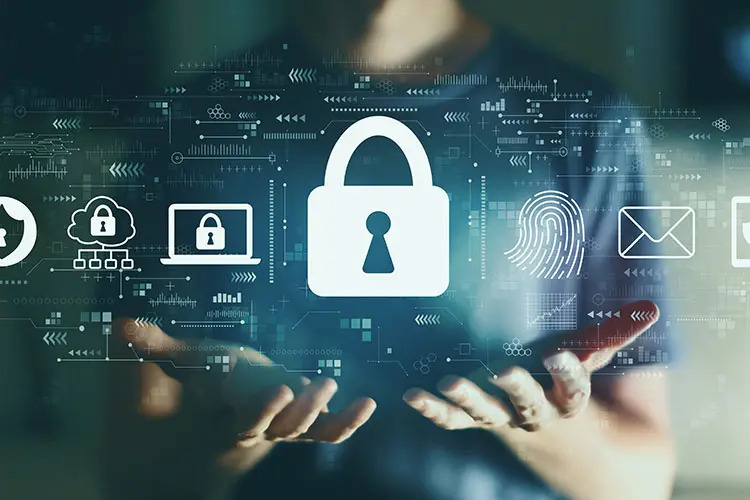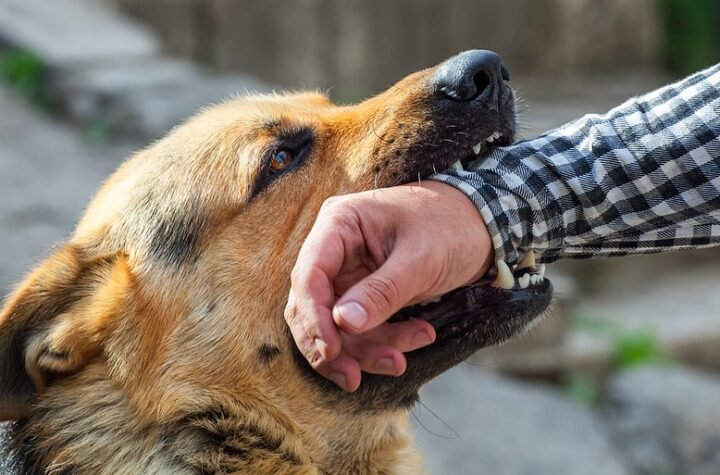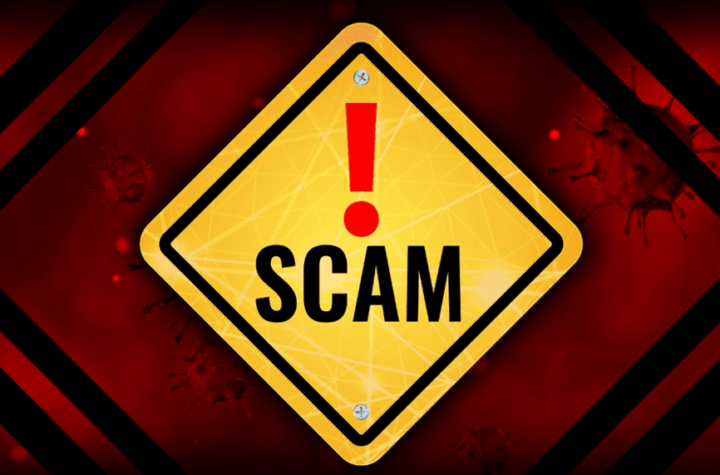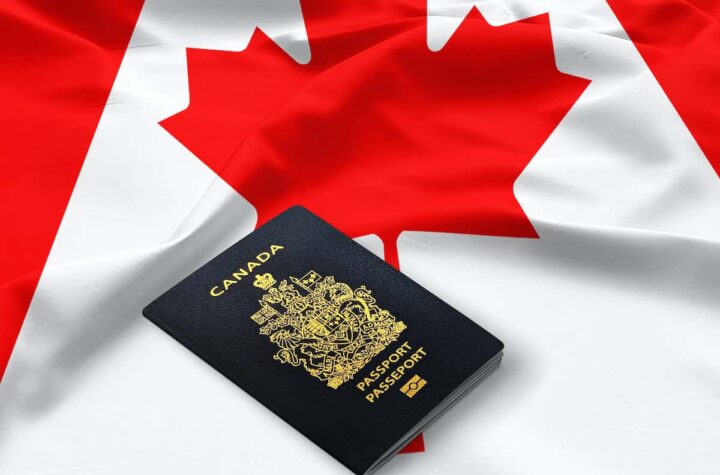
Key precautions to take when you are online
Safety and security should be your top priorities when using the internet. Online users are vulnerable to cybercrime and attacks, which can lead to identity theft, financial fraud, privacy violations or other types of abuse. In this article, we will tell you the precautions that you can take while you are online so that your privacy remains secure.
Precautions to take while you’re online
Online security is a growing concern, especially for those who use their personal devices to access financial information. To help you keep your identity safe from hackers and other cybercriminals, here are some simple precautions you can take:
- Set strong passwords: One of the best ways to protect yourself from hackers is by setting strong passwords. The best method to create a strong password is by making it long to at least eight characters, complex, and unique for each site you use. Don’t use the same password for multiple websites or accounts; this makes it easier for hackers to get into all your accounts if they access one. Also, avoid using personal information in passwords such as names of family members or pets; instead, think about words that are meaningful only to you.
- Be careful with downloads and read the policies carefully: If you’re going to download anything from the internet, do your research. Check out the website’s reputation and make sure it has not been flagged for malicious software. Also, look for a check mark from McAfee or another security company that shows that the site has been verified as safe by a third party. Also, read the privacy policy of any site that collects personal information from you. Look for terms like “cookies,” which may indicate that their web traffic is being monitored by third parties, particularly if they aren’t encrypted through HTTPS encryption protocols.
- Keep antivirus software: You should make sure that you have antivirus software installed on all your devices—laptops, smartphones and tablets alike. Antivirus software in particular is a must if you want to keep your computer and personal data safe from viruses and malware. It will also keep hackers at bay from accessing your private information, making it a great tool for protecting yourself online.
- Avoid using public Wi-Fi Networks: You should also avoid using public Wi-Fi networks. These are generally not secure and can be easily hacked. If you’re using a public network and are looking for wifi service providers nearby, be sure to use a VPN or a secure browser to prevent hackers from gaining access to your devices.
- Enable multi-factor authentication for all online accounts: Even if you are vigilant about keeping your computer and other devices secure, there’s still a chance that someone could get access to your online accounts. Your best defence against this is enabling multi-factor authentication (MFA). Multi-factor authentication adds an extra layer of security by requiring users to provide two or more pieces of evidence in order to verify their identity. The second factor can be a code generated by an app, a physical token like a dongle or even a text message.
Conclusion
While there are many ways to keep yourself safe online, the best strategy is to be vigilant. You should always check your account information frequently, use a safe broadband connection and avoid logging into sites that you don’t trust.





More Stories
Decoding the 0800 808 7000 Caller in Japan
A Comprehensive Guide to Tackling 02088798587 and Other Nuisance Calls
The Unknown Caller: A Close Look at 0121 272 5077″